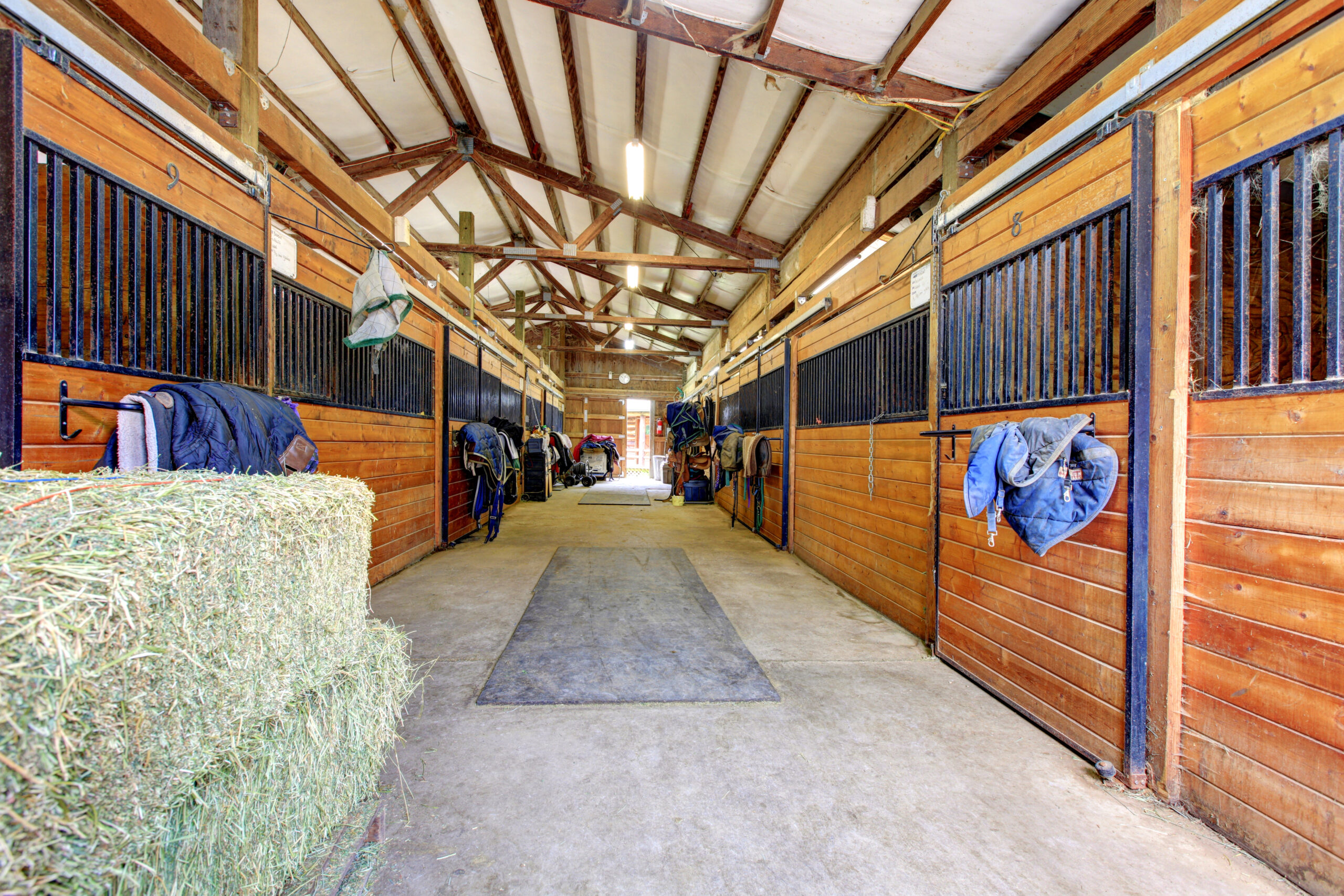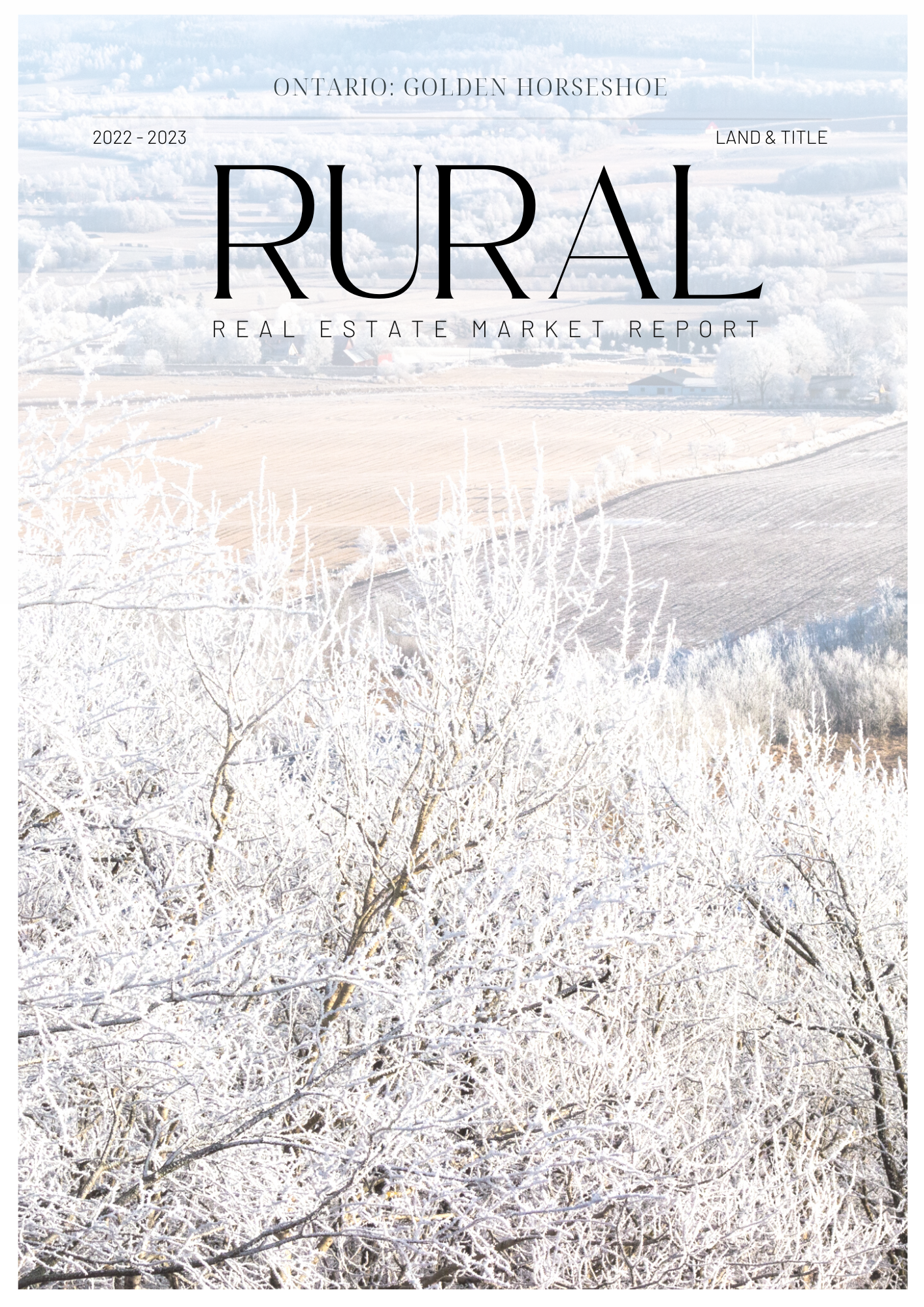Part 2 in our “Horse Farm Leasing” series. An article for Renters.
Have a Lawyer Review Your Lease Before You Sign It
It is a great idea to have a lawyer review your lease to make sure you, your horses and if applicable, your clients, are all protected.
Commercial and agricultural leases do not offer the same protections that residential tenants do. Even if you are renting the house on the property, it does not necessarily protect you from an eviction type situation.
Although it is the landlord’s right to put what he/she wants in a commercial or agricultural lease, you want to make sure the lease is fair and does not put you in any unfavourable situations if a disagreement should arise between you and the landlord. So always start with a lawyer you trust!
What Happens When The Owner Wants To Sell
There aren’t any hard rules on equestrian properties and leases in general. Least of all what happens if any owner decides to sell.
Under normal circumstances, if you are in a lease you should be protected from a sale during that lease. For example, if you are four years into a five-year lease and the owner sells, the new owners taking possession should have to keep you on as a tenant until the end of the lease when they move in.
According to Kurtis Andrews Law, a lawsuit for an agricultural tenant was settled and required thereafter landlords to give tenants 6 months notice should you wish to end their tenancy during a year-to-year lease agreement.
As a way to protect yourself, it would be worth asking the owner to include a clause in the lease stating how much notice they will give you (e.g. 6 months, 3 months, etc.) if they decide to sell their farm.
Have Your Own Insurance and Confirm The Owner Has Their Own Insurance
You should absolutely have your own insurance. If you are running a boarding or training operation, you will need a commercial insurance policy. Make sure you are covered with continents insurance, liability insurance, loss in finances as a result of lawsuits or injury, and if applicable, workers compensation insurance as well.
The owner should have their own insurance that covers fire and water damage.
But remember, their insurance WILL NOT cover or protect you in any way!
Definitely speak with an insurance agent to understand your liabilities and risks. Ask for their recommendations on what insurance works best for your situation. HEP is the most popular insurance agency, you can contact them here.
Understand Your Maintenance Responsibilities
In the lease, the owner of the property will likely (or should) have a detailed list outlining who is responsible for what. The more detailed the list the more clear who is responsible for what. If you are unclear about where you stand, make sure to ask many questions upfront, before you sign.
It is reasonable for the owner to expect you to look after the barn in a good manner, with wear and tear to be expected as should be said in the lease agreement. They can also put as much responsibility on you to maintain the barn as they like. It is up to you to agree or not PRIOR to signing any agreement.
You will likely be expected to maintain fencing, footing, landscaping and the barn interior. For bigger priced items like roofing, plumbing, septic systems, wiring and putting in new footing, the owner is typically responsible for this.
If the owner promises you something upfront but doesn’t include it in the lease, don’t expect it to be done. For example, if the owner says he plans to put in brand new footing but doesn’t write it in, it may not get done. That is not to say that an owner isn’t going to do something they promise if it’s not in the lease, but just something to note.
Do A Pre-Inspection
It is a good idea to do a walk around the barn and property before you take over the place.
You could also do a couple of viewings of a barn before you decide to lease it. The first time you view there is often a lot of excitement happening and things get missed easily. The second time is when you go in with a clearer head and are able to take note of more things.
Once you sign the lease, you are agreeing to take the property as is, where is. So if you see something in your pre-inspection, like a fallen down fence that wasn’t there when you first viewed the property, that is something you’ll want the owner to repair prior to taking possession.
If The Residence Comes With The Barn
I mentioned this briefly earlier. Most of the time, when you rent the barn and home on the property you are doing so as a package. What I mean is, if for whatever reason you decide to cease operations at the barn, unless otherwise agreed to with the owner, you are not automatically allowed to stay in the home.
A lease agreement that covers both the barn lease and the home lease will be exempt from falling under the Residential Tenancies Act. Here is an excerpt from the Residential Tenancies Act:
(j) premises occupied for business or agricultural purposes with living accommodation attached if the occupancy for both purposes is under a single lease and the same person occupies the premises and the living accommodation;
Choosing The Right Owner
In Ontario, we do not have the fortune of having tons of barns to choose from when looking to lease. Even still, you want to make sure you are going to be renting from someone you will get along with.
Ideally, someone who knows about horses is a good place to start. However, you also want to make sure they aren’t going to be coming down to the barn telling you what to do every day either.
If you are in a situation where you are both renting from and training the owner of the barn and boarding their horses, you should ask that this transaction be conducted at two-arms length. That is, you pay them your rent, and they pay you to keep and train their horse. Why? Because it keeps things professional and clear both legally and financially.
The Ontario horse community is fairly small. People talk. You may be able to find out information about an owner by just asking around.
If a property has been sitting for lease for some time, and nothing appears to be wrong with the barn, property or the price, you might want to be wary of the owner.
You can also ask about why the barn is for lease, why the previous tenant left and judge for yourself from there.
This article does not constitute legal advice. When questions arise based on specific situations, direct them to a knowledgeable attorney.






